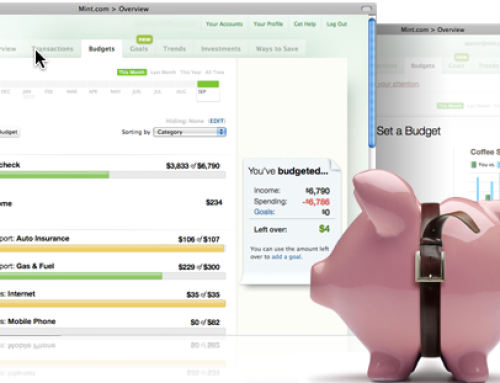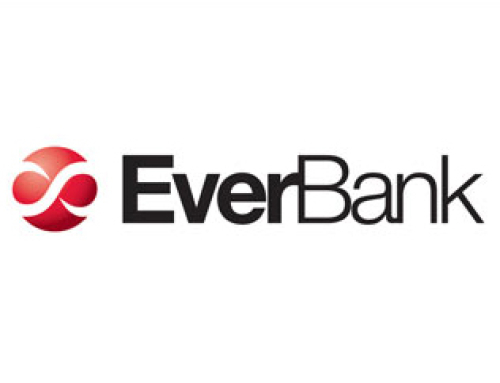Minimum Balance Fees
 Some banks require that customers maintain a minimum balance. Generally, the checking account fees for failing to keep a minimum balance are quite small, but in the current economy, it is very important to keep track of each dollar spent. The minimum required balance can vary widely from $100 to a $1000 or more although some interest-bearing accounts may have much higher minimums. The easiest way to avoid these fees is obviously making sure that the minimum amount is always in an account. Regularly balancing a checkbook is one way to assure that an account holder is always above the minimum required balance to avoid monthly bank fees.
Some banks require that customers maintain a minimum balance. Generally, the checking account fees for failing to keep a minimum balance are quite small, but in the current economy, it is very important to keep track of each dollar spent. The minimum required balance can vary widely from $100 to a $1000 or more although some interest-bearing accounts may have much higher minimums. The easiest way to avoid these fees is obviously making sure that the minimum amount is always in an account. Regularly balancing a checkbook is one way to assure that an account holder is always above the minimum required balance to avoid monthly bank fees.
Inactivity Fees
Another of the common bank fees is an inactivity fee. Like the minimum balance fee, this fee is closely related to its name. Account holders who fail to use an account the minimum amount of times stipulated by the checking account will be charged a monthly inactivity fee for keeping their money in the bank. Another easy way to avoid bank fees for inactivity is the use of a debit card for the required number of transactions in a month. There are some debit cards that actually earn rewards, so it would be beneficial to look into these as an option.
Overdraft Fees
The final common checking account fee is the one that occurs when a person has an overdraft. These are among the heftiest checking account fees and can lead to charges of nearly $50 when merchant recovery fees are included. Multiple overdrafts can actually lead to problems opening other bank accounts and your credit. The easiest way to avoid an overdraft fee is to check your account balance on a regular basis and make sure that no checks are written when there is not already enough money in the bank to cover them.
Small fees can add up to big money over time. Avoiding penalties for checking accounts is not terribly difficult. By paying attention to these quick tips, anyone can make sure they have no problems with losing money to small fees.













Follow Us